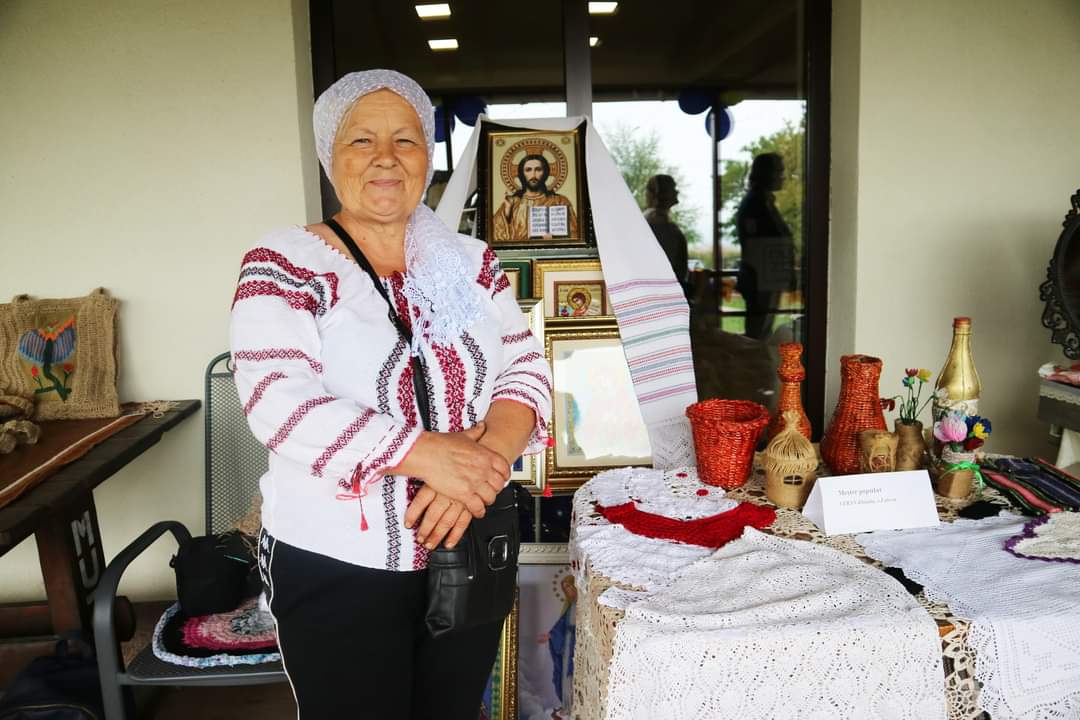
World Tourism Day 2022 is all about ‘rethinking tourism’, celebrating a global shift in recognising tourism as a pillar for development. At EUDiF we are firm believers in this potential, especially in diaspora engagement in heritage tourism as a vector for development. Our first action on this topic has just come to an end in Moldova, making World Tourism Day a double celebration for us.
Rethinking heritage tourism in Țipova and Saharna villages
Launched in May 2021, our first tourism-related initiative was to support the Moldovan National Museum of Ethnography and Natural History by bringing in diaspora expertise in the tourism sector. The collaboration sought to stimulate the local heritage tourism industry along a tourist route in the Țipova-Saharna landscape reserve.
Despite its small scale, this intervention inspired authentic and nature-based tourist experiences and alternative models for local communities and entrepreneurs. It resulted in the National Museum rebuilding the route and piloting some new concepts. Additionally, local stakeholders learnt more about sustainable tourism principles and local residents and visitors are encouraged to be more mindful about their impact on the environment and preservation of cultural sites.
The action wrapped up officially in August 2022. Today, Diana Hincu, EUDiF’s Capacity Development Specialist and lead for the action, talks through the key elements of the action’s success in the hope that it will inspire more heritage tourism initiatives be designed with diaspora input.
Diaspora catalysts
Two Moldovan diaspora members in Uppsala, Sweden, Romeo and Viorica, contributed to the initiative. Being inspired by the prosperous Swedish model of heritage tourism, the diaspora team brought new ideas to the table and helped the museum strengthen its capacities with strategic tools and practical mechanisms. One such tool is the newly drafted and endorsed strategy on modernisation of the tourist route, as well as its action plan for a medium-term implementation. Jointly, the diaspora experts and the core team from the museum crafted a conceptual package offering a structured and informative tourist route including maps, itineraries and architectural information. This package is available in four languages. In complement, the local actors were trained on innovative solutions to diversify their tourism offer, such as through storytelling, the open-air museum model and modern marketing techniques. To complement the strategic tools for the museum, the diaspora professionals conducted thematic trainings and workshops on contemporary heritage tourism, fundraising and sustainable development targeting the museum staff and local institutions, including NGOs, academia, mayoral offices, entrepreneurs and local artisans. The beneficiaries were introduced to inspirational practices from Skansen, the world’s oldest open-air museum, and the historic medieval preserved city Visby, both recognised as UNESCO intangible heritage sites. Based on these Swedish examples, the museum sees great potential for the Țipova-Saharna route to reinvigorate the area and attract more national and international tourists, including – of course – the diaspora.
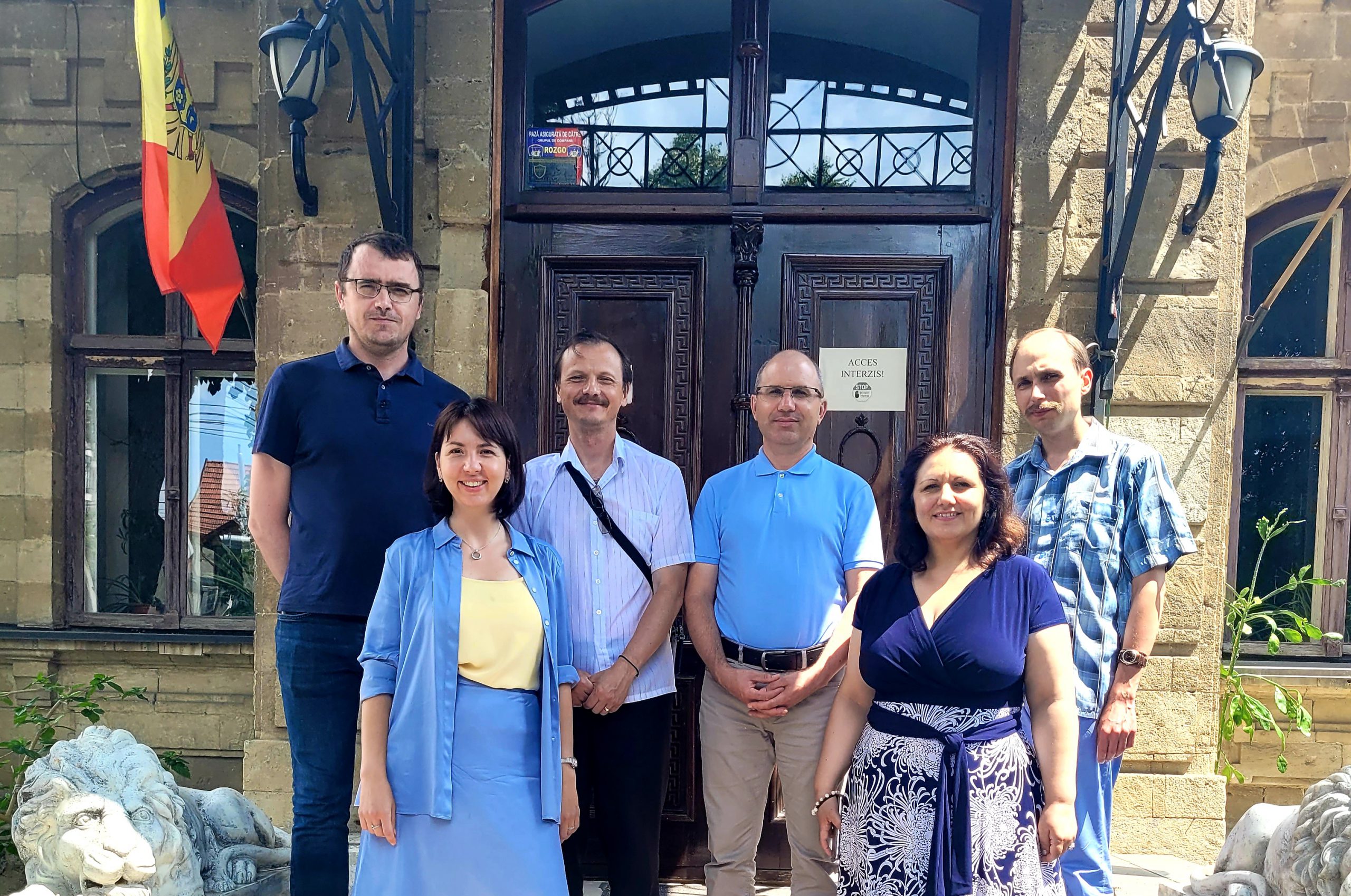
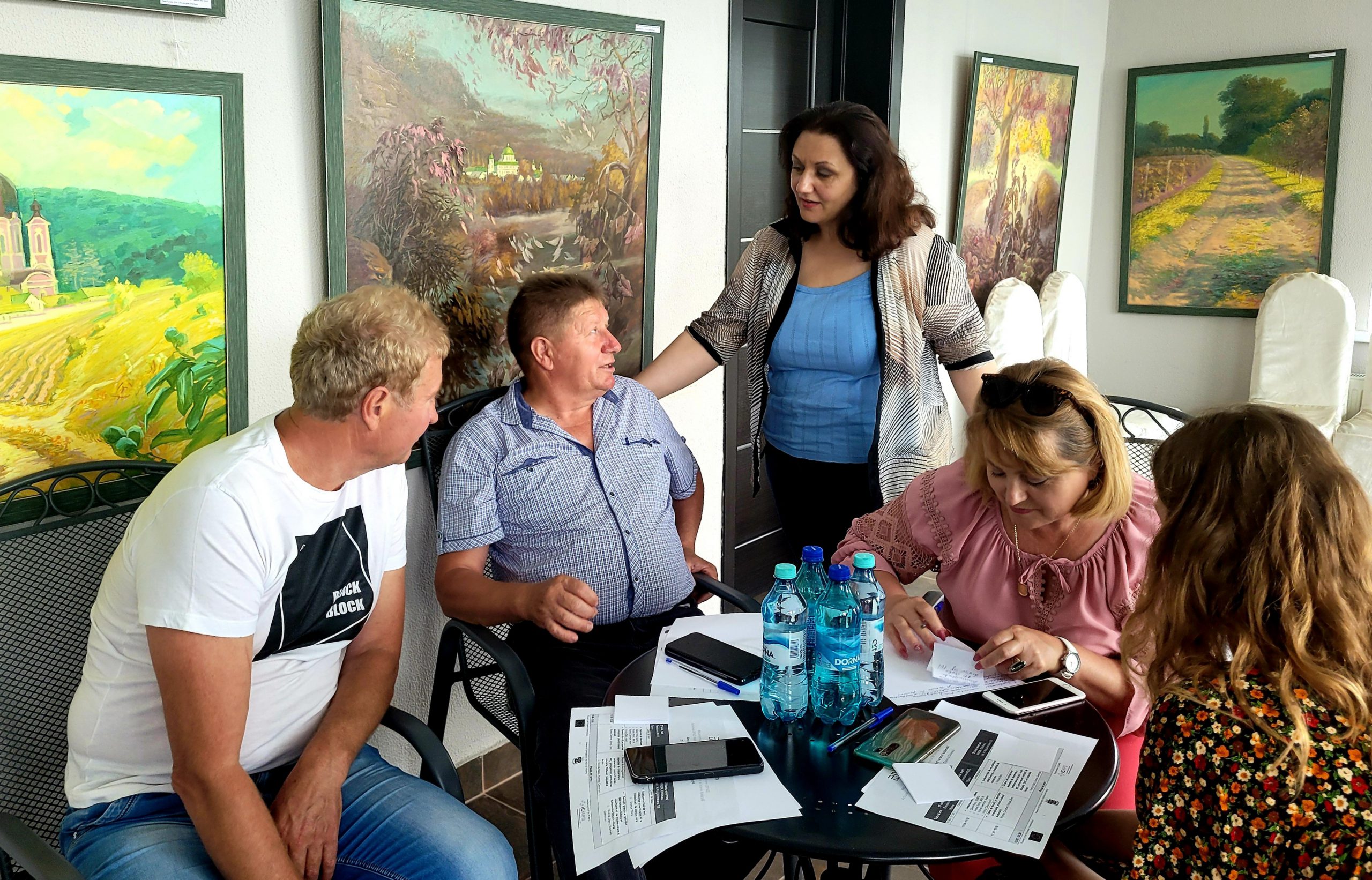
The inaugural Festival of Legends
Storytelling, which is a form of intangible cultural heritage, is not much used in Moldova, neither in the cultural sphere, nor in citizenship education. With their pioneering spirit, the diaspora experts prepared a background note to initiate a new type of storytelling festival. The strategic documents, combined with training, have left the National Museum confident that it can move forward with the organisation of the first edition of Festival of Legends.
The first Festival of Legends took place on 17 September 2022 as part of the European Patrimony Days which are celebrated annually in Moldova. The festival was co-hosted by the local museum in Țipova and a guest-house run by a local entrepreneur who had participated in the action’s workshops. The festival included a concert with local folk bands, exhibitions of local products and theatrical guides on the legendary routes. A special master class was organised for children in making handmade kites. Romeo, one of our diaspora professionals, visited Țipova during the event and congratulated the museum for the positive experience. At EUDiF we were thrilled to witness the immediate application of the action products and hope this will be the first of many Festivals of Legends.
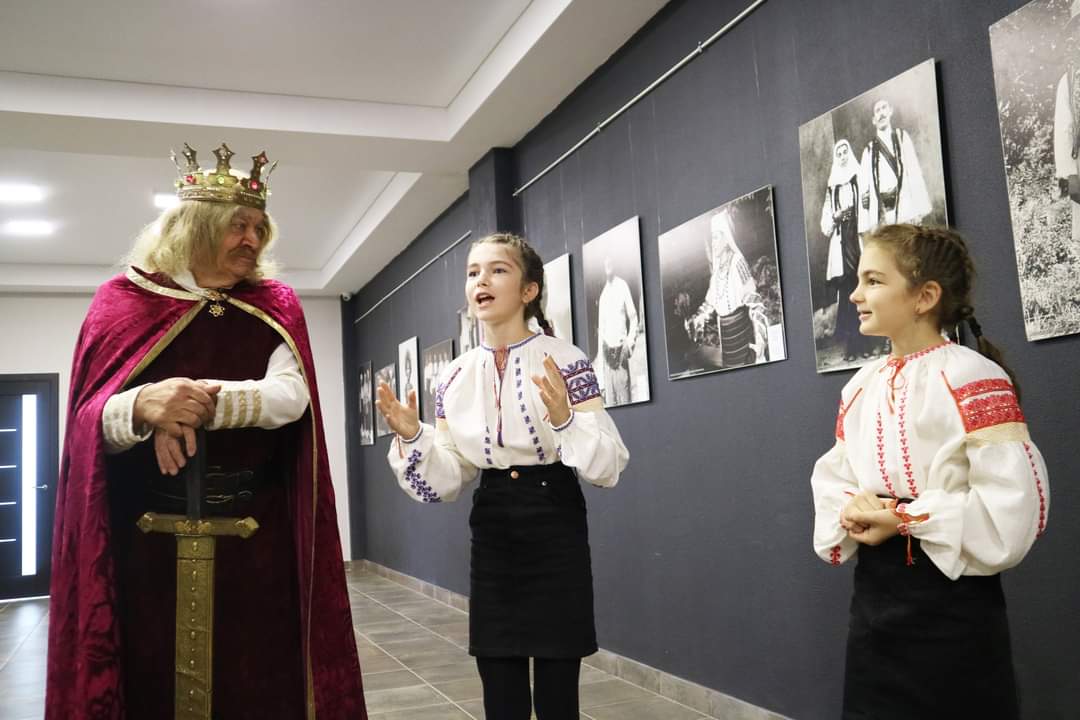
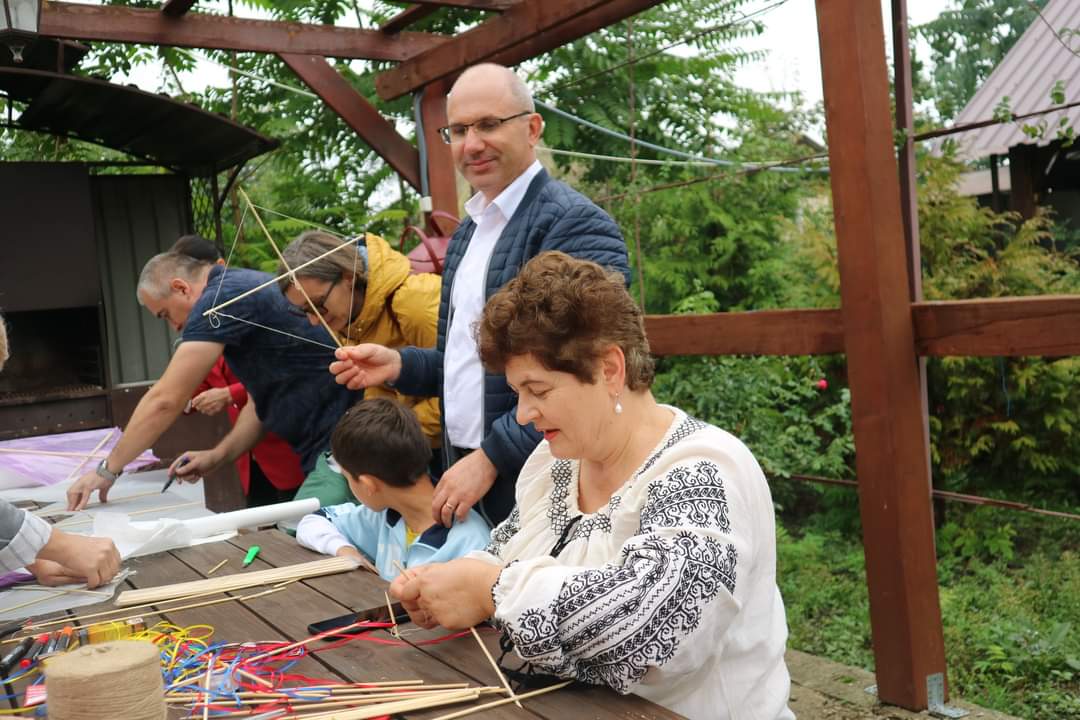
A small country with a big heart
Throughout the action, the diaspora professionals Romeo and Viorica acted as a bridge for the Moldovan stakeholders. They were able to understand which practices from Europe could work in the local context and which sensitivities could hinder their application.
This year, the Moldovan national tourism campaign “A small country with a big heart” symbolised the hospitality shown by the nation and the tourism sector in the regional crisis. Viorica and Romeo were able to tie the action to this movement and develop tourist initiatives for resilient development back home.
Looking outwards and ahead
Although the action is over, I cannot wait to see what the National Museum of Ethnography and Natural History will do next in their heritage tourism journey, I have a feeling it is only just getting started!
As with all our actions at EUDiF, I hope that the experience and lessons from this action will go beyond those involved in this particular action; I see potential for replication in the development of other touristic routes in Moldova and beyond. The CDL action with Sierra Leone’s Freetown City Council and AfricaOracle has already taken inspiration from our collaboration in Moldova allowing us to already see the benefits of spaces created for mutual learning.
In addition to technical support, the experience in Moldova fed into the initial scoping of our recent research “Youth entrepreneurship & heritage tourism: long-term thinking for diaspora engagement”. The confluence of practical work on heritage tourism and the fascinating research results discussion on 7 September make it clear to me that “rethinking tourism” must include diaspora engagement, and that we are just at the beginning of understanding the enormous potential of how diaspora engagement, [heritage] tourism, entrepreneurship and digitalisation intersect.
Photos courtesy of the National Museum of Ethnography and Natural History.